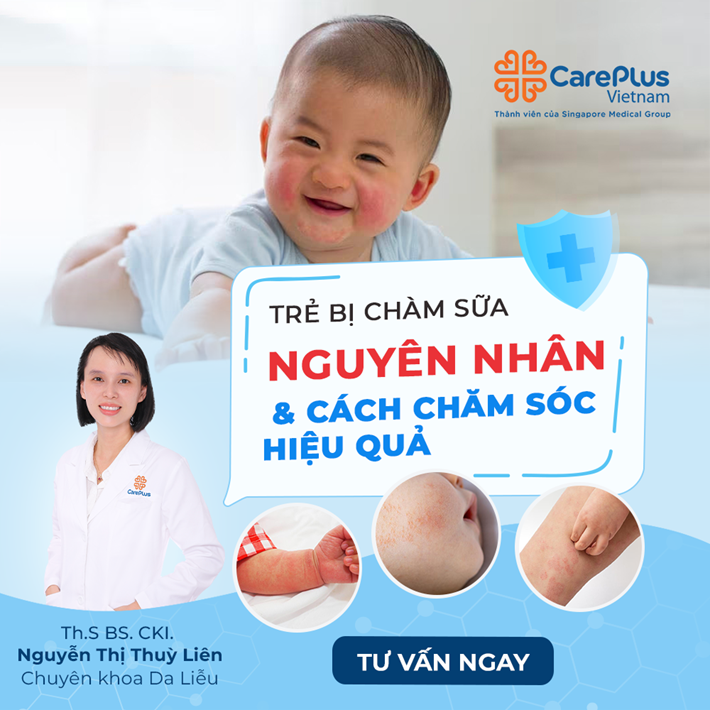What Causes Atopic Dermatitis? What Are The Symptoms Of Atopic Dermatitis?
Atopic eczema (atopic dermatitis) is one of the most common forms of eczema, a condition that causes the skin to become itchy, dry and cracked. It's usually a long-term (chronic) condition, although it can improve significantly, or even clear completely, in some children as they get older.

10/31/2023 11:43:44 AM
If your child has atopic eczema, you’ve probably struggled with how you can stop her skin from itching and causing painful irritation.
What is atopic dermatitis?
Atopic dermatitis is a long-term (chronic) skin condition. It causes itchy skin. It’s a very common condition. It’s more common in babies and children, but also occurs in adults. It usually first appears between ages 3 to 6 months.
What causes atopic dermatitis?
The exact cause of atopic dermatitis is not known. But some factors are linked to it, such as:
-
Genes. Allergies and eczema run in families.
-
The immune system. An immune system that isn’t fully developed may affect the protective ability of the skin.
-
External factors. These include winter weather, dry, hot temperatures and lack of skin moisturizing.
What are the symptoms of atopic dermatitis?
Symptoms may come and go, or occur most or all of the time. Any area of the body may be affected. In babies, symptoms usually affect the face, neck, scalp, elbows, and knees. In children, symptoms usually affect the skin inside the elbows, on the back of the knees, the sides of the neck, around the mouth, and on the wrists, ankles, and hands.
Symptoms can occur a bit differently in each child. They can include:
-
Dry, scaly skin
-
Severe itching
-
Redness and swelling
-
Thickened skin
-
Small, raised bumps that may become crusty and leak fluid if scratched
-
Rough bumps on the face, upper arms, and thighs
-
Darkened skin of eyelids or around the eyes
-
Skin changes around the mouth, eyes, or ears
Make sure your child sees his or her healthcare provider for a diagnosis.
How is atopic dermatitis treated?
Treatment will depend on your child’s symptoms, age, and general health. It will also depend on how severe the condition is. There is no cure for atopic dermatitis. The goals of treatment are to reduce itching and inflammation, add moisture, and prevent infection.
Treatment of atopic dermatitis includes:
-
Staying away from irritants, as advised by your child's healthcare provider
-
Regular bathing with luke warm water or wash as advised by the healthcare provider. At times bleach baths may be recommended.
-
Keeping your child's fingernails short and covering eczema areas by clothing or dressings, to help prevent scratching that can cause skin irritation and infection
-
Using moisturizing regimens advised by the healthcare provider
For children with sensitive skin, just a small agent can cause damage to their skin. Therefore, parents need to pay attention to taking care of their children and protecting their skin.